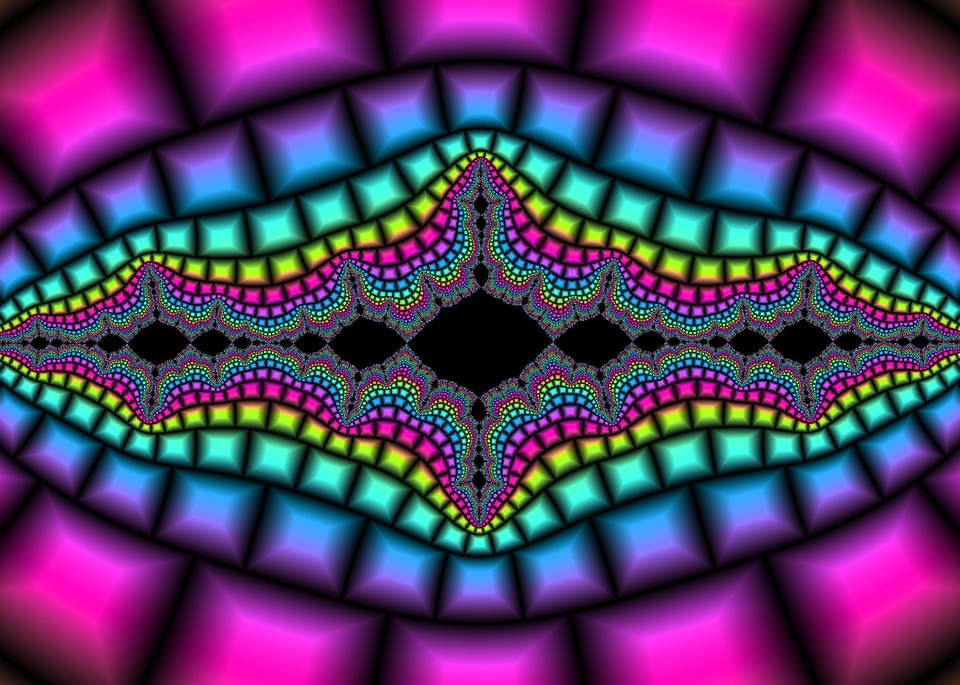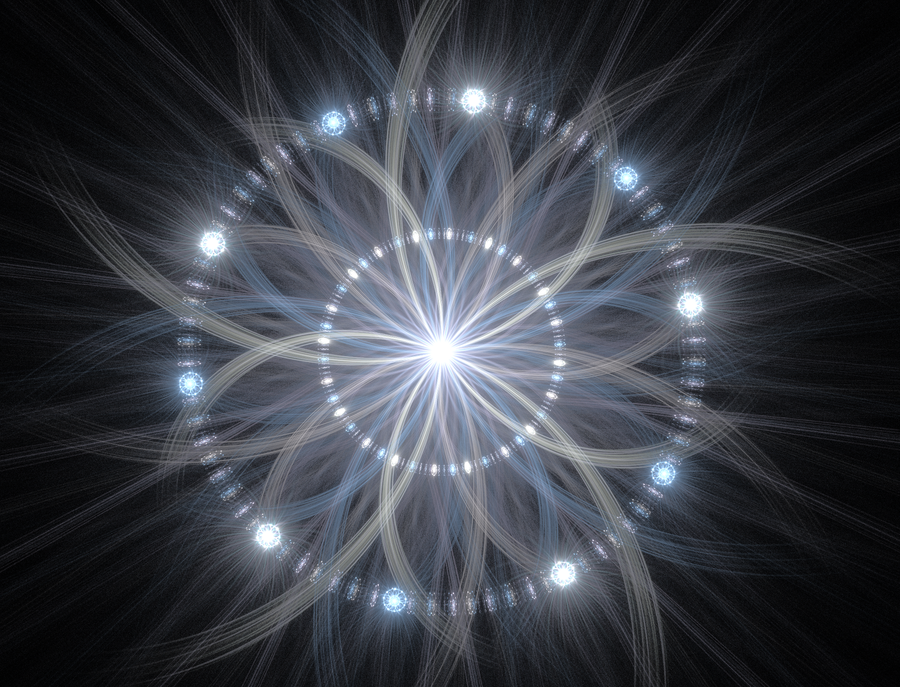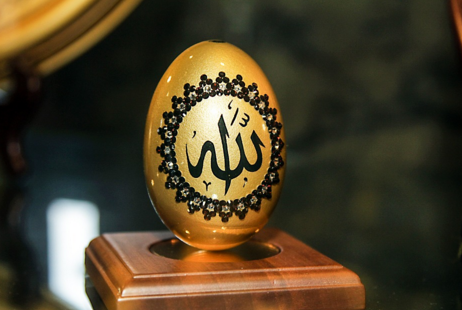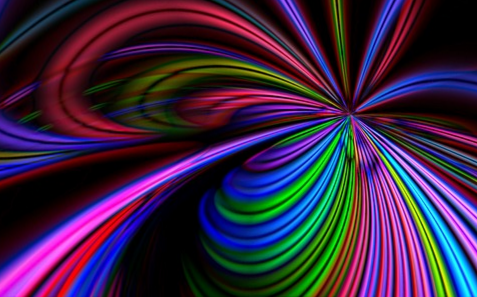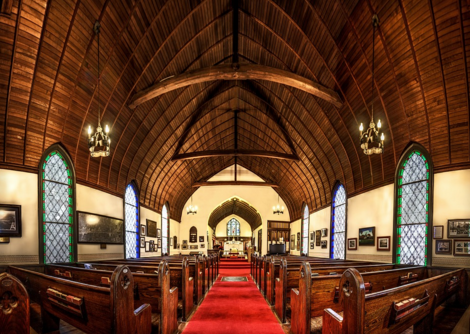Today, in our civilization, we can all see the great advances of science and, in particular the development of techniques. Mechanical means we now have allow us to move quickly from one place to another; they allow us to communicate; to be in contact with each other. But on occasions these mechanical means and all the scientific materialist alienation attached to them can rob us the initiative to understand and comprehend the inexorable phenomena of nature.
However, in other times there have been men and peoples who had more time or willingness, or taste for these things. Today, regarding the fundamental problems of man, we are as much or even more ignorant than the man who painted caves in the Paleolithic.
Therefore, we continue to make old questions that now arise from new lips: What are we? What is our life? Where do we come from? Where are we going…? The different religions of different times, have all tried to answer these questions. They have given to man, through symbols, as stated by Jesus himself in the New Testament, a number of truths.
But it is obvious that in our present state of alienation and in our everyday world, our conscience is numb to all the symbolic problems. Just a few questions make us wonder from time to time: What happens after we die? It is that our consciousness is lost in nothingness? Are we going somewhere else? Is there a hell? Is there a Heaven? Is it that we reincarnate and return to this world? Given this, we want to talk about reincarnation theory, this is the possibility that we return to this world. It is a philosophical possibility which, incidentally, is not a new idea.
Reincarnation Theory

All ancient cultures and civilizations, as far as we know, had at their disposal mechanisms of knowledge which contemplated this possibility of reincarnation as a factual thing. Let’s look at some examples. In the Americas, the Aztecs believed that the soul came back again to this world. They said that men who died, but who were very attached to Earth, were prisoners of its charm.
But they also stated that the souls who had freed themselves from the world, that had no longer attachments in the world, that believed that there was “something else” and more distant, would go to what we would call today the photosphere of the sun, that is, that they would live in the light, like hummingbirds under the form of Huitzilopochtli.
The ancient Egyptians also had their own reincarnation theory. Every man, when he died, faced a trial that was set in the Aduat. The Aduat, a sort of purgatory, was a place where the heart of the deceased was weighed on a scale, and he was asked a series of questions that had to be answered. Those who were sufficiently subtle could get to Amen-Ti, that is, the land of Amon, the magical place where everyone found what they wanted to find. The wonderful place where lotuses shall never close; where boats do not sink; where kisses are not betrayed; where food is never corrupted; where words are not lost; where every man has the gift of tongues and understand each other… But those who, lacking spiritual strength, were imprisoned in the desire to return to earth, they could not pass the Aduat and had to return again to earthly experiences.
The same indicate the Chinese, the Greeks, the Romans. Even the early Christians, until the Council of Trento, had in its lines of knowledge, the claim that men return to Earth, and even that Jesus Christ was a reincarnation of one of the early prophets. So we see that reincarnation theories wander throughout history.
Read also: Reincarnation Studies And What They Found
The Hindu Reincarnation Theory
It is perhaps in India where we can grasp and acquire more precise knowledge, today, on the subject of reincarnation. Hindus, in their various religions and cults, have stated that everything in the world reincarnates, all things live again.
Contrary to popular belief, the Hindu started their own philosophy and did dialectics before the Greeks, and had tried to show, not only by faith but also by reasoning, that man could live again. They said that all things are cyclical. They spoke of great periods of active time, which they called Manvantaras, and other sleep cycles or Pralayas. They believed that this activity, which was attributed to the expiration and inspiration of Brahma (ie to the deity-breathing), existed in everything, just as we have waking hours and sleeping hours in a day.
Thousands of years before they had discovered the laws of Lavoisier: “In nature nothing is lost, everything is transformed”. They had noticed the cyclical paths of stars and the repeated way in which the sun shines on us every morning. From this they deduced that all things were cyclical; all things were, in part, unrepeatable, and in part repeated, for them to be again.
Continuity and eternity would not be for the Hindu thought statism or permanence of a thing, but would, rather be the constant flux of things. The concept of “time” and “eternity” would not be the objective permanence of something, but the permanence of constant change whose purpose is mysterious; the use of an inner spiritual impulse that moves all things to their final end.

This impulse chains a sequence of events. When talking about reincarnation theory, Hindus speak of the law of karma, the law of cause and effect. Everything that happens is the effect of what happened before and the cause of what will happen next. Nothing, no word, no attitude, no creature, no world, no state is alone and unique in the universe, but is the result of what happened, and the germ of what will happen.
This law of action and reaction was framed in a cosmic directionality, in a law; ie that things exist and move for a reason. And this leads to another question that we all ask: Why everything that happens really happen? Before the misunderstanding of certain apparent injustices man then falls into a form of atheism because he wonders: Is God just? Is God good? If God is just and good, why are some men born with a silver spoon, while others are born in a pigsty? What kind of God creates a sick or blind child, and gives to another a life of blessing?
This is an old question. Hence philosophers and metaphysicians Hindus believed that there was a “path”, which they called Sadhana, and a law, they called Dharma, a universal law that made all things to be going somewhere with a predetermined order.
Read also: How Long Does Reincarnation Take?
The Hindus believed, then, in the reincarnation of souls. But it is not just a simplistic reincarnation theory, according to which when a man dies, spends some time in a subtle world and then returns to Earth. Because if it were that easy, we would easily remember what we were in a previous life.
To understand the Hindu philosophy, we need to know that they believed man not to be uniform, but consisting of seven different vehicles. Some of these vehicles would reincarnate and other not.
Their old books say that man is made with seven envelopes in different states of vibration. Starting from the bottom up, we would have in us something that is common to a rock, which is common to all things around us: the physical body, or Stula Sharira, which has density. Beyond that, (we mean beyond this dimension) we would find Sharira Prana, that is, the vital body or energy body, what differentiates a living man from a man who just died.

The third vehicle according to Hindu reincarnation theory, counting from the bottom, is the Linga Sarira, usually in Western esotericism this is called “the double” or the psychic double. It is what we have in common with animals, while the Prana Sharira is what we have in common with plants, and Stula Sharira with minerals. In the constitution of man a full respect of the constitution of nature is established: The physical part related to minerals, the energy part related to vegetables, and the psychic part related to animals. Therein lies our passions, our dreams, our fantasies.
Then there is Kama-Manas, ie, a “mind of desires,” a selfish mind who fears and trembles when it realizes that something will happen.
Beyond that we find the Manas or higher mind. This mind is calm, steady. Then comes the vehicle called Budhi which is intelligent intuition, without distorting thought; and finally, Atma, pure will that reflects the Deity in man.
The first four bodies or vehicles mentioned would be, for Hindus, mortal and would disintegrate with death. Death would therefore be a wearing process which begins at birth. From birth to death, man is dying slowly, until, at last, comes the ultimate collapse, in which the physical part, the energy part, the psychological part and the mental-selfish part are lost. But three planes of deeper consciousness remain: Manas, Buddhi and Atma, which can serve as a ladder to reach Heaven; There is, therefore, an individual part in man, which can not be divided and depending on the “Skandhas” (or causes of action, the accumulated Karma) will be reincarnated.
Now we can understand why sometimes we are born with a silver spoon and sometimes in a stable. Because, from a philosophical point of view and according to this reincarnation theory, we not always learn more when we are born with a silver spoon than when born in a stable. A man may be born in one way or another and can always use an experience. But that experience is limited, because if a man is born in a peasant family, that man will have the experience of the farmer, but will lack the artist, military, political experiences.
Hence this part devoid of that experience comes back to Earth to occupy the bodies of children who are born; back for new experiences, new encounters, new biological vibrations. What reincarnates is not the whole man, but a part, a higher or spiritual part that generally is underdeveloped. In that way, the laws that govern destiny, according to the Hindus, but only the top part is reincarnated.
The Greek Reincarnation Theory

But from the top parts we have very little awareness. This was already stated by Plato, who also explained reincarnation; he spoke of the waters of Lethe, the river that makes us forget. When these waters are drunk, the man is reborn without remembering anything; sometimes reborn with a spark of memory, but never with clear and tidy memories.
Plato, with the typical sarcasm of the ancient Greeks, said that the most passionate jump into the waters of Lethe and drink with both hands, falling then completely asleep; and, on the other hand, the wise are those who take a little and then may remember something. In the myth of Er, Plato develops this and explains it perfectly. Here Socrates is asked: “Where do the living come from?” And he answers by asking in turn: “Where do the dead come from?”. The dead are born of the living, and the living from the dead.
For Plato, Socrates and the entire line of Greek philosophers, there was a relentless cycle where a static number of human beings was replenishing energy, taking contact again with the world and making new experiences among each other.
Read also: What Religions Believe In Reincarnation?
Reincarnation Theories and Conclusions
Is this reincarnation theory accurate or not? That’s not easy to answer; simply we expose this way of thinking so that everyone can reach their own conclusions. It is preferable to err by oneself rather than be exposed to a unique form of truth that we might never understand, never allowing us to develop an individuality. Hence we ask without expecting an answer: Do we really reincarnate?
Apart from all what the Hindus taught, let’s consider applying common sense (the least common of the senses) to the subject: if someone entered for the first time in the room where we are right now, and they knew perfectly the arrangement of the furniture and everything contained in it, what would we say? Obviously, we would say that they have already been here, because if not, they would not know.
Then how can we explain the birth skills of some children, for example, for musical instruments, languages and even the ease that some sculptors have to sculpt naturally without receiving any teaching?

There are modern theories that attempt to explain this using the idea of a collective unconscious, and that through physiological descent we can achieve certain skills. But obviously this is less scientific than thinking that man has that possibility because he already had it in another time. For example, if someone, as it happened in Italy with a farmer, began to speak Greek, it’s because they remember something. And if it comes to concrete historical facts that the person has never witnessed, it is also because they remember something.
In all of us there is an individual pre-experience, which sometimes appears as a fuzzy, vague feeling. Likes, dislikes, anxieties and fears that have no logical explanation. If we are prepared to survive in this world, we can return to live in this world.
It is said that it is easy to prove the theory of reincarnation wrong with the fact of population growth. For if in the Antiquity a world population of less than 50 million people was estimated, and today there are six billion people, what happened? Is there a factory of souls? This is a good question. But the ancient people themselves already answered this question: not all souls are embodied at the same time, and therefore sometimes there are more and sometimes there are fewer souls living on Earth, while others are living in an invisible world for us. That world may be where the human souls go after death.
Is it true what the ancient Hindus said, that when there are large masses of people, the reincarnated souls, have little time to wash, purify?
All these questions and matters have been within all religions; reincarnation theory is really not opposed to any religion. Jesus himself said: “It is necessary to be reborn.” Which can be interpreted in many and profound ways.
These things still exist in the mind of anyone who leads a scientific pursuit of the meanings of life. Because what we have to say is scientific and is possible from the positive side. The same laws that transform Nature, God, or whatever you want to call it, that is what will lead us in life and in death. How much did we suffer when we were born? As much as it costed birth, it will cost us death.
Read also: Reincarnated People And Their Testimonies Put To Test
This concludes our article on reincarnation theory. Share this information with your contacts if you found it useful, support and keep reading this website to learn more about reincarnation after death.
